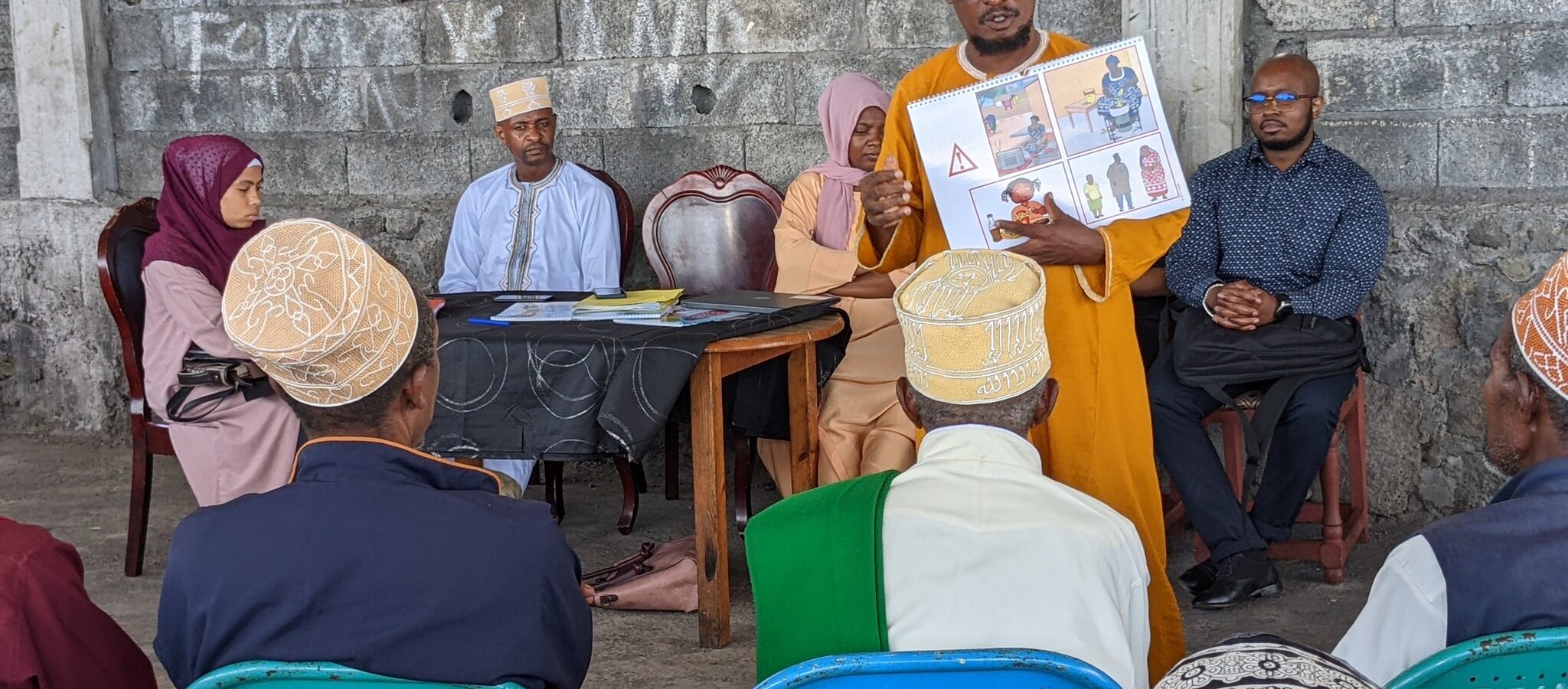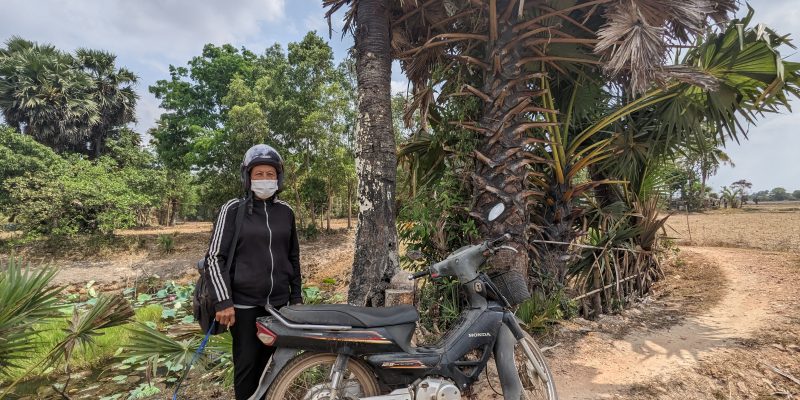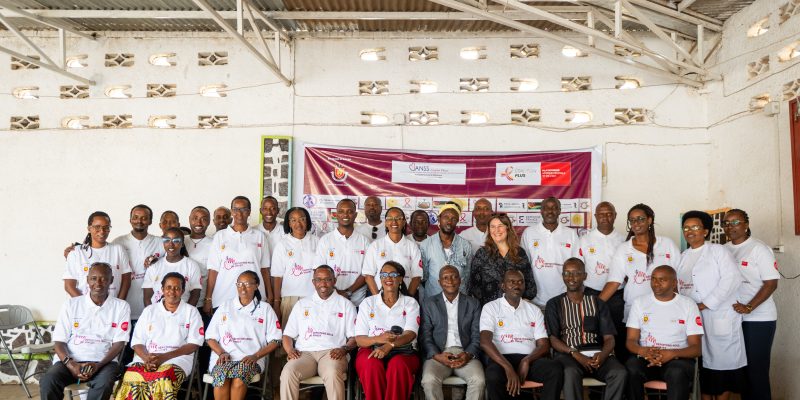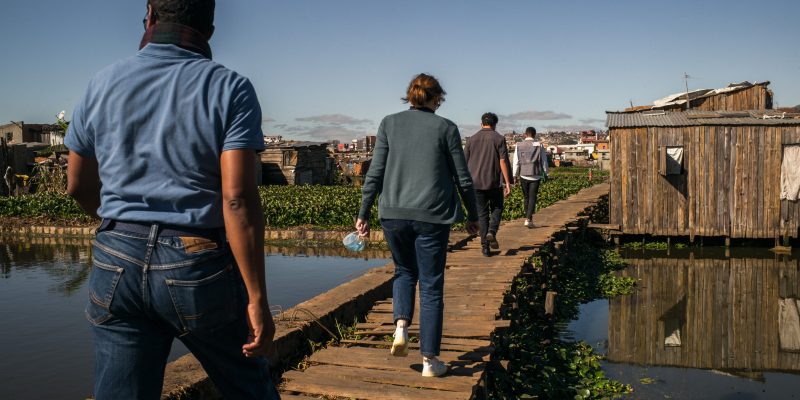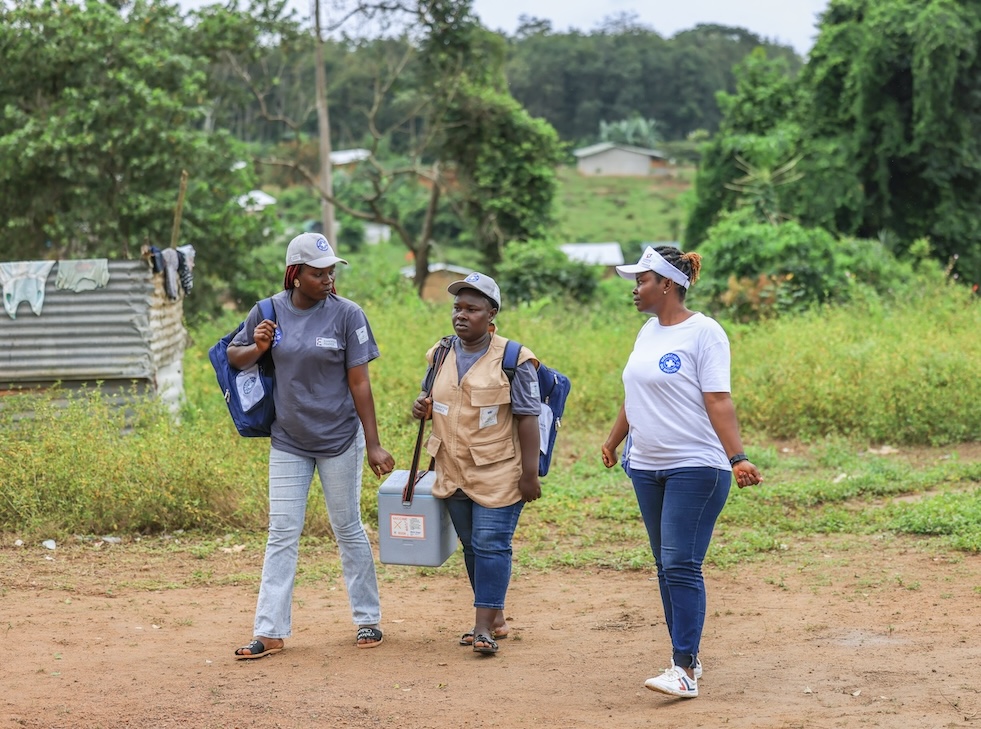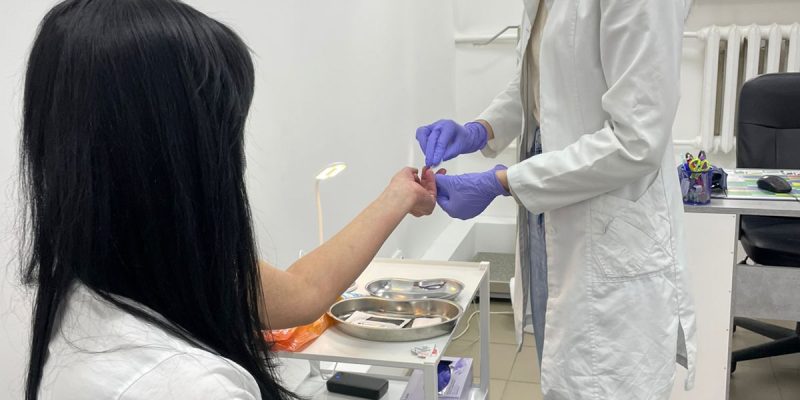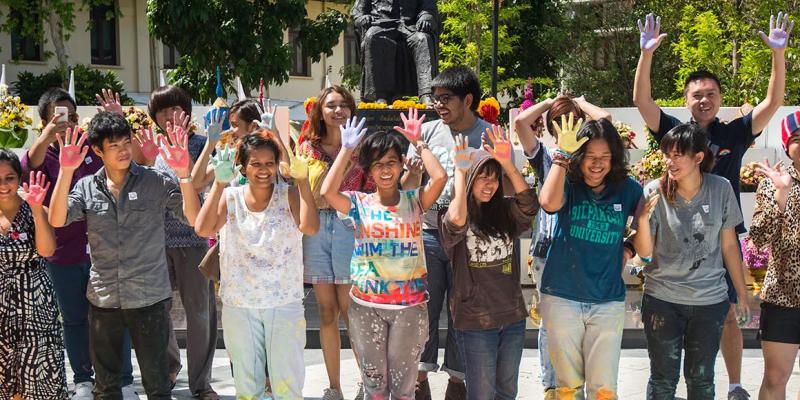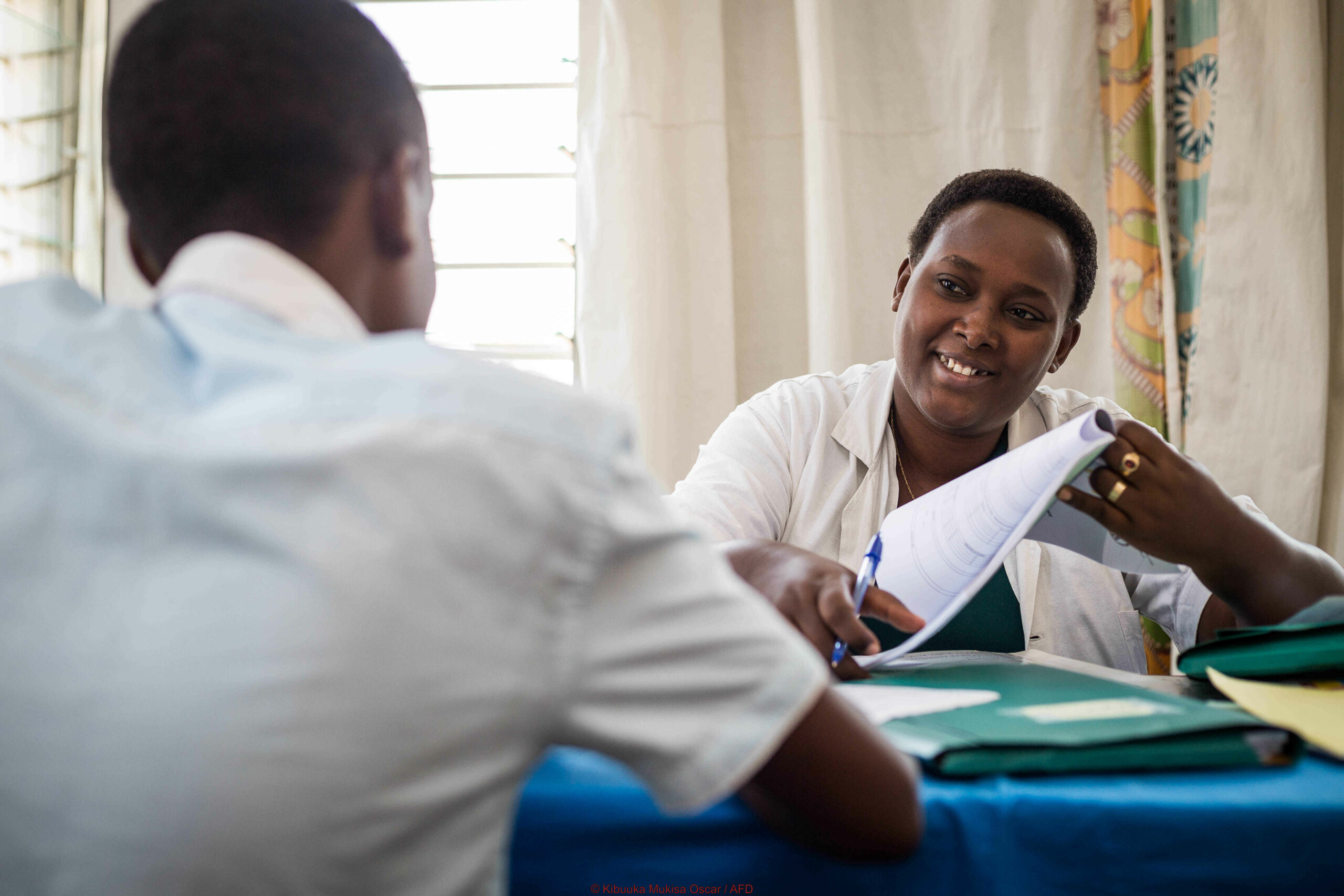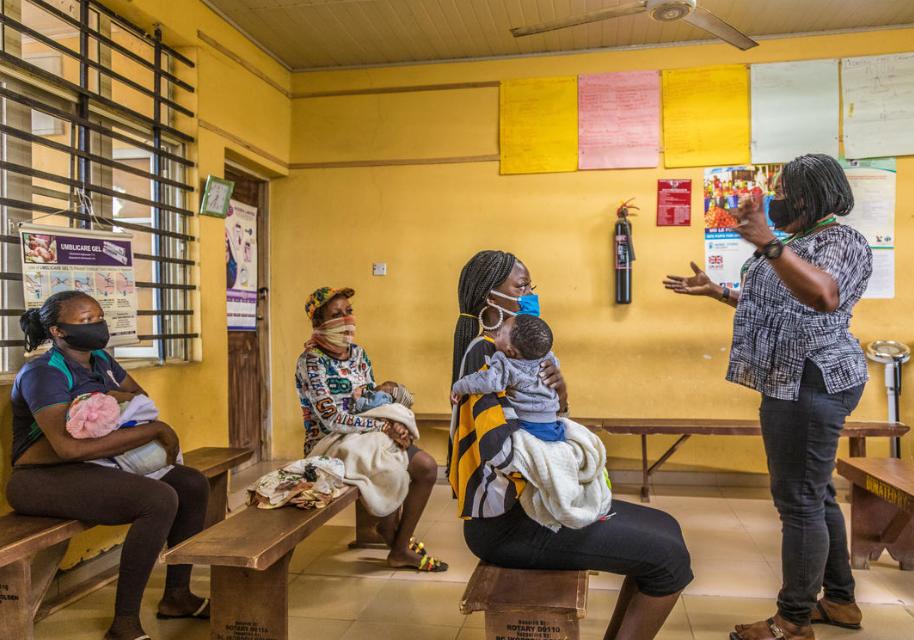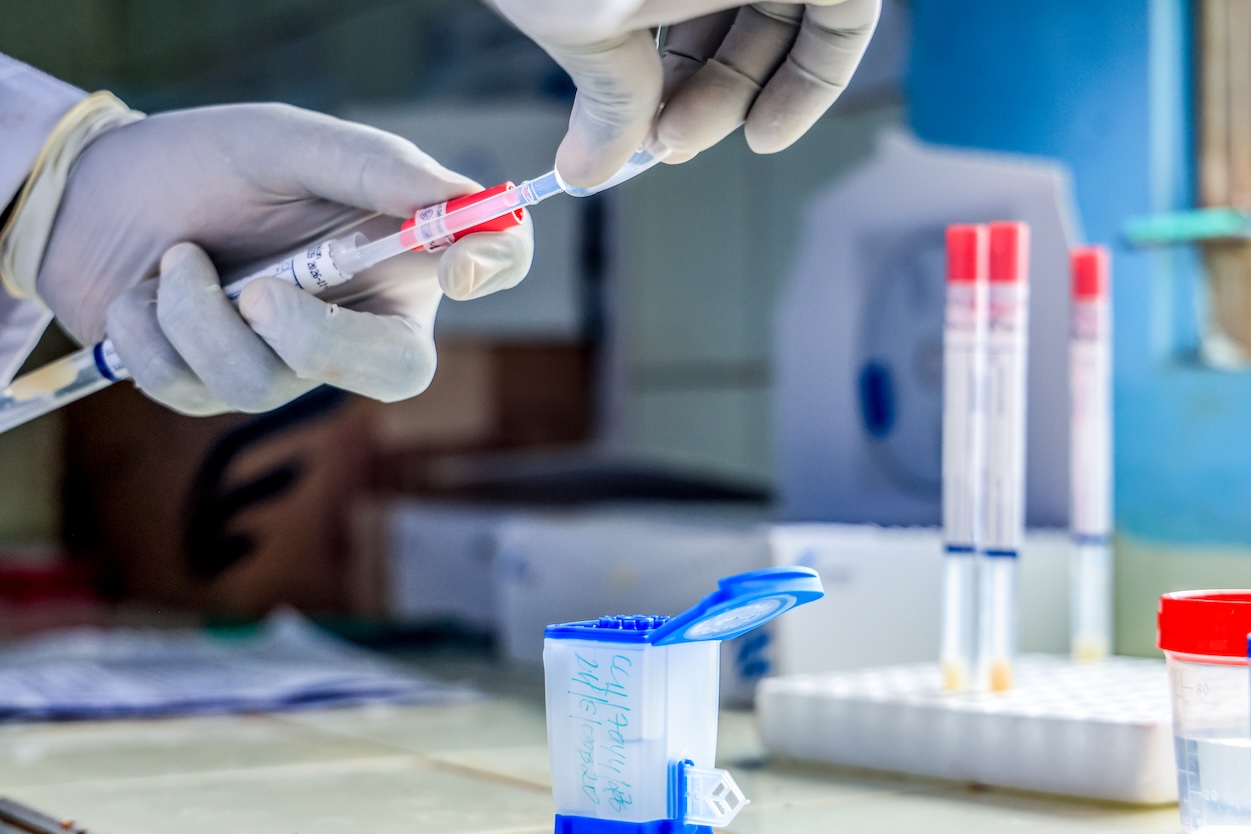World Diabetes Day 2022
Every year, on November 14, World Diabetes Day (WDD) is held. This day aims to raise awareness about the disease, its management and ways to prevent it. It is led by the International Diabetes Federation (IDF) and relayed in more than 160 countries. The theme of the 2021-2023 Diabetes Days is “access to diabetes care”.
Every year, on November 14, World Diabetes Day (WDD) is held. This day aims to raise awareness about the disease, its management and ways to prevent it. It is led by the International Diabetes Federation (IDF) and relayed in more than 160 countries. The theme of the 2021-2023 Diabetes Days is “access to diabetes care”.
Comorbidities: diabetes, tuberculosis and HIV
People with comorbidities, such as HIV and tuberculosis, are vulnerable to this. A significant proportion of them are affected by these comorbidities, and a specific approach must be put in place. For diabetes and tuberculosis, we speak of a “co-epidemic”, for diabetes and HIV, we emphasize the close link between lipodystrophy and insulin resistance or diabetes. An integrated approach is therefore essential.
The NGO Santé Diabetes project
In order to propose a specific approach for these people in a situation of comorbidity, the NGO Santé Diabetes has initiated a first project on “Improving the skills of personnel working in health in the prevention and joint management of diabetes/tuberculosis and diabetes/HIV in Burkina Faso and Mali”, financed by L’Initiative and implemented between March 2017 and June 2021.
In 2020, this project enabled Burkina Faso and Mali to train thirty doctors and thirty paramedics for the clinical management and education of patients with co-pathology (diabetes/tuberculosis and/or diabetes/HIV) and, in conjunction with the ministries responsible for health, to train 324 health professionals and support, in each country, for the development of therapeutic education actions by health professionals, the training of 28 peer educators from the 9 community networks to provide targeted pilot prevention actions for people living with HIV (PLHIV), people with diabetes and tuberculosis. The project saw the participation of 924 people in the animation session, including 867 PLHIV and 57 people with diabetes.
In an external evaluation report of the first phase, in December 2020, the project was judged: ” Relevant and coherent because it responds to identified health needs. It aims to fill the lack of management of comorbidities with serious health consequences in a context of increasing prevalence of diabetes. It is part of the public health policies of both countries. It aims to strengthen the entire chain of care involved in the joint management of diabetes/TB and diabetes/HIV from university to community level, thus promoting comprehensive patient care. Finally, it is complementary to the actions carried out in both countries within the framework of Global Fund funding.” The project is also considered ” innovative in that it promotes the cross-cutting management of different pathologies (comorbidities) and interdisciplinary collaboration within the health system. It is also part of a global public health policy for screening and treating diabetic disease implemented by the NGO Santé Diabetes (SD) jointly with the health authorities for around ten years .
A second phase
Following the success of the actions undertaken during the first phase, a second three-year project (2021-2024) is again funded by L’Initiative in order to extend, in Mali and Burkina Faso, the number of health professionals (doctors and paramedics) trained for integrated management of diabetes/HIV and diabetes/TB comorbidities, but also to extend diabetes prevention actions in people with HIV and HIV prevention actions in people with diabetes.
It also allows the project to be extended to a new country by replicating, in the Comoros, the prevention and skills-building activities for health professionals implemented during the first project in Mali and Burkina Faso.
This new project also aims to develop advocacy with the Ministries of Health and CCMs of the three countries in order to include actions around diabetes/HIV and diabetes/TB comorbidities in the next Global Fund country grant.
This film, produced by Santé Diabetes and directed by Aba Sangare, presents the actions carried out as part of the first phase of this project in Burkina Faso and Mali, with the support of L’Initiative. This eight-minute film was shot in 2021 and is being broadcast for the first time on the occasion of World Diabetes Day 2022.
“Particularly convinced of the interest in creating bridges between the projects and the supported leaders, L’Initiative has initiated a dynamic of exchanges between the Diabetes Health teams and those involved in the VIHeillir Ensemble project in order to facilitate the sharing of experiences on the management of diabetes/HIV comorbidities.“
Growing Old Together
The VIHeillir project is a multi-country project led by the Bouisson Bertrand Institute. Its objective is to improve the health of people living with HIV over the age of 50 in Cameroon and Senegal by integrating the management of the five priority comorbidities during routine visits, adapting proven strategies for HIV care and using existing mechanisms between the clinic and the community as much as possible.
The five comorbidities addressed by the project are diabetes, high blood pressure, precancerous cervical lesions in women and hepatitis B and C.
The expected impact of the project is the reduction of mortality and the improvement of the quality of life of PLHIV over 50 years old. The beneficiaries of this project are PLHIV over 50 years old who consult in the care services identified for the implementation of the project, the healthcare staff (medical and paramedical) and the community actors (identified associations).
The project is implemented:
- in Cameroon, at the Yaoundé military hospital and the Bafia district hospital;
- in Senegal, at the Regional Center for Research and Training in Clinical Care of Fann (CRCF), at the Outpatient Treatment Center (CTA) of the Fann University Hospital and at the HIV Care Service of the Armed Forces AIDS program of the Ouakam Military Hospital (HMO).
To listen to
” Sidaction: the fight against AIDS is still relevant “, an RFI Afrique report by Amélie Tulet in Cameroon on the aging of people with HIV. It discusses the “Aging well with HIV” VIHeillir project funded by L’Initiative.
